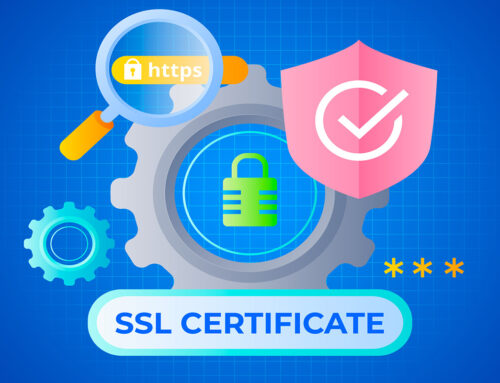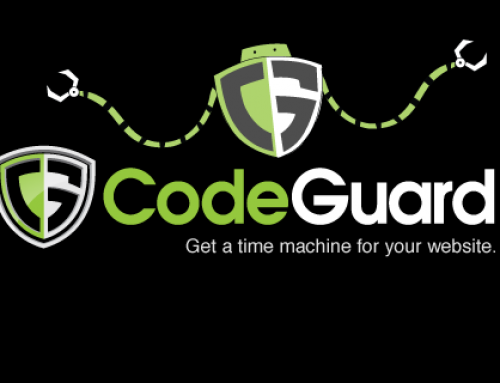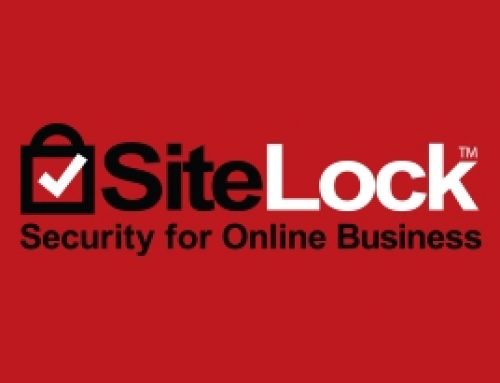Here is a problem that every online business faces; they want to provide their customers with a safe and secure environment so that the customers can put their trust in them. The solution is to get web security.
The internet is an amazing place that allows a person to purchase products, get information and communicate with anyone anywhere in the world. However there are some bad people who try to steal precious information about you or your credit card numbers. So if customers don’t feel secure on your site then they would most likely hesitate to do business with you.
Let’s suppose a company named XYZ has set up a website that allows customers to purchase its products online. XYZ wants to provide a safe and secure environment for its customers so that their online transactions aren’t intercepted by any other party. In order to do this, XYZ must purchase an SSL certificate. An SSL certificate (Secure Socket Layer) is basically an online ID card to show customers that XYZ is who they say they are. This certificate can be purchased from a web services company like Comodo.
Let us assume that the company XYZ wants to purchase an SSL certificate from Comodo for their site. Comodo will research about XYZ, check their references and assure their identity. In addition to all this, the SSL certificate will also encrypt any data that flows to and from XYZ’s website.
After XYZ purchases the SSL certificate, any data that gets exchanged between the customer’s computer and the server hosting XYZ’s website gets scrambled based on an agreed upon method between the two servers. By doing this, no third party can decrypt the data that’s being exchanged between the computer and the server.
Depending on the SSL certificate that XYZ purchased, the customer’s browser may display an icon shaped like a lock, a green address bar or any other reassuring symbol that shows the website is secured.





